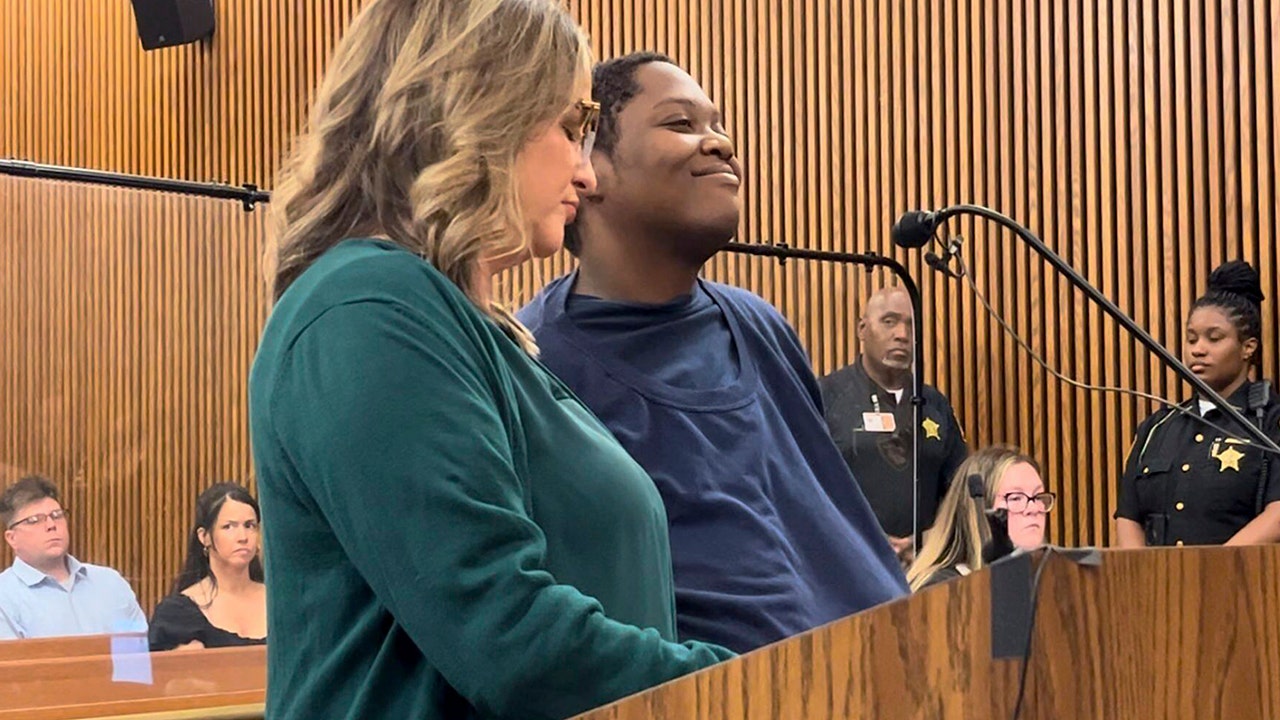Who will we be — Israelis and Palestinians — when this long, cruel war comes to an end? Not only will the memory of the atrocities inflicted on each other stand between us for many years, but also, as is clear to us all, as soon as Hamas gets the chance, it will swiftly implement the goal clearly stated in its original charter: namely, the religious duty to destroy Israel.
How, then, can we sign a peace treaty with such an enemy?
And yet what choice do we have?
The Palestinians will hold their own reckoning. I as an Israeli ask what sort of people we will be when the war ends. Where will we direct our guilt — if we are courageous enough to feel it — for what we have inflicted upon innocent Palestinians? For the thousands of children we have killed. For the families we have destroyed.
And how will we learn, so that we are never again surprised, to live a full life on the knife’s edge? But how many want to live their lives and raise their children on this knife’s edge? And what price will we pay for living in constant watchfulness and suspicion, in perpetual fear? Who among us will decide that he does not want to — or cannot — live the life of an eternal soldier, a Spartan?
Who will stay here in Israel, and will those who remain be the most extreme, the most fanatically religious, nationalistic, racist? Are we doomed to watch, paralyzed, as the bold, creative, unique Israeliness is gradually absorbed into the tragic wound of Judaism?
These questions will likely accompany Israel for years. There is, however, the possibility that a radically different reality will rise up to contend with them. Perhaps the recognition that this war cannot be won and, furthermore, that we cannot sustain the occupation indefinitely, will force both sides to accept a two-state solution, which, despite its drawbacks and risks (first and foremost, that Hamas will take over Palestine in a democratic election), is still the only feasible one?






